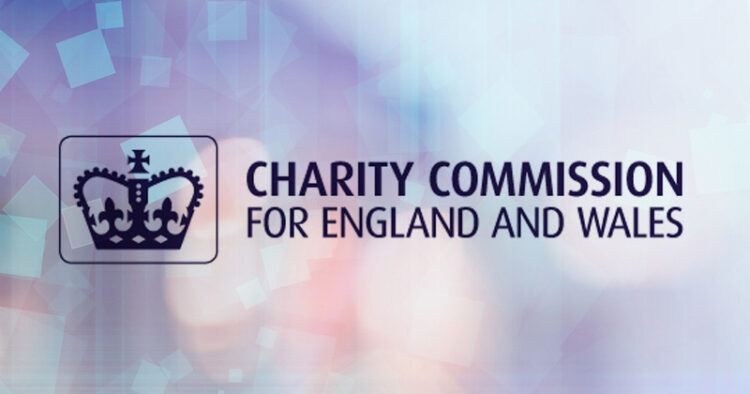By Charlotte Webster-
The Charity Commission is warning trustees and donors to strengthen their defences as it fears the pandemic has created environments that are enabling charity fraud.
The warning is part of Charity Fraud Awareness Week (19 – 23 October 2020), aimed at protecting charities and the public from falling victims to fraud. Charities have reported being victims of fraud or cybercrime 645 times since the start of the pandemic in March, amounting to £3.6 million in total losses to charities. The true scale of fraud against charities is believed to be much higher, as fraud is known to be underreported.
The regulator is concerned that remote working and virtual activities and sign-off processes, combined with charities’ tendencies to place goodwill and trust in individuals, may make them especially vulnerable. It says that charities providing services and supporting local communities could be amongst those at risk after earlier reports of criminals using PPE as a lure in scams.
Analysis of frauds reported to the Commission has found that in some cases fraudsters have preyed on people’s fear and anxieties. In one case, the regulator saw a fraudster using a beneficiary’s story of personal struggle during the pandemic to pressure a charity into making a payment quickly.
The regulator also considers that economic hardship may have increased perpetrators’ temptation to commit fraud, particularly in cases of insider fraud. It has seen cases of charity employees diverting funds into their personal bank accounts and even selling charity equipment for personal gain.
Helen Stephenson CBE, Chief Executive of the Charity Commission said:
We are seeing evidence that opportunists may be taking advantage of charities during the pandemic and I urge all charities to be extra vigilant against fraud.
This comes at a time when charities are a lifeline for many people suffering from Covid-19, and the wider impacts of the pandemic – charities have been at the forefront of responding to the crisis, and many have also been placed under severe financial strain.
As our country faces another challenging point in the crisis, we cannot afford for charitable work to be disrupted by criminals. When fraud hits charities, its impact is felt far beyond the balance sheet – it is people that are let down, often hard-working volunteers or people in desperate need. That’s why I’m urging all trustees to take action now, to protect their charity’s valuable funds and assets.
Charity brings immense value to society, not just through the good work charities do directly, but also in its power to promote cohesion, well-being, and pride in our society. This is more important than ever, so the fact that there are those who wish to exploit public generosity and charitable endeavour for selfish, criminal purposes is appalling. Combating fraud is vital to giving people confidence that their money is safe and will go to the causes they care so deeply about.
Research by the Commission has found that nearly three quarters (73%) of charities affected by fraud go on to change their procedures or enhance internal controls to avoid future frauds. The same survey also found that two thirds of frauds are picked up by financial controls or audit, so the regulator says that some simple checks and controls, together with a strong counter-fraud culture, can be key to disarming fraudsters.
Charities can find free tools and advice via an online hub as part of Charity Fraud Awareness Week, and are urged to follow the regulator’s 3 top tips in the fight against fraud:
Helen Stephenson warned:
The fundraising efforts we’ve seen over the past 6 months have shown the British tradition of charitable giving at its best. We must not allow that generous spirit to be knocked by criminals. My message to everyone is to give with your head as well as your heart: always check you are donating to a genuine registered charity before giving.
Pauline Smith, Head of Action Fraud, said:
It’s a sad reality but unfortunately criminals will try to abuse the generosity of others for their own gain. This can have a huge financial impact on charities and the good causes they support.
Recently, criminals have been taking advantage of the increase in charitable donations being made during the coronavirus pandemic, setting up fake charities or impersonating well-known ones. We would encourage people not to be put off donating to charities, but instead to be vigilant and make sure you do your research to ensure you are giving your money to a legitimate organisation. Don’t let your donation end up in a criminal’s pocket.
.

